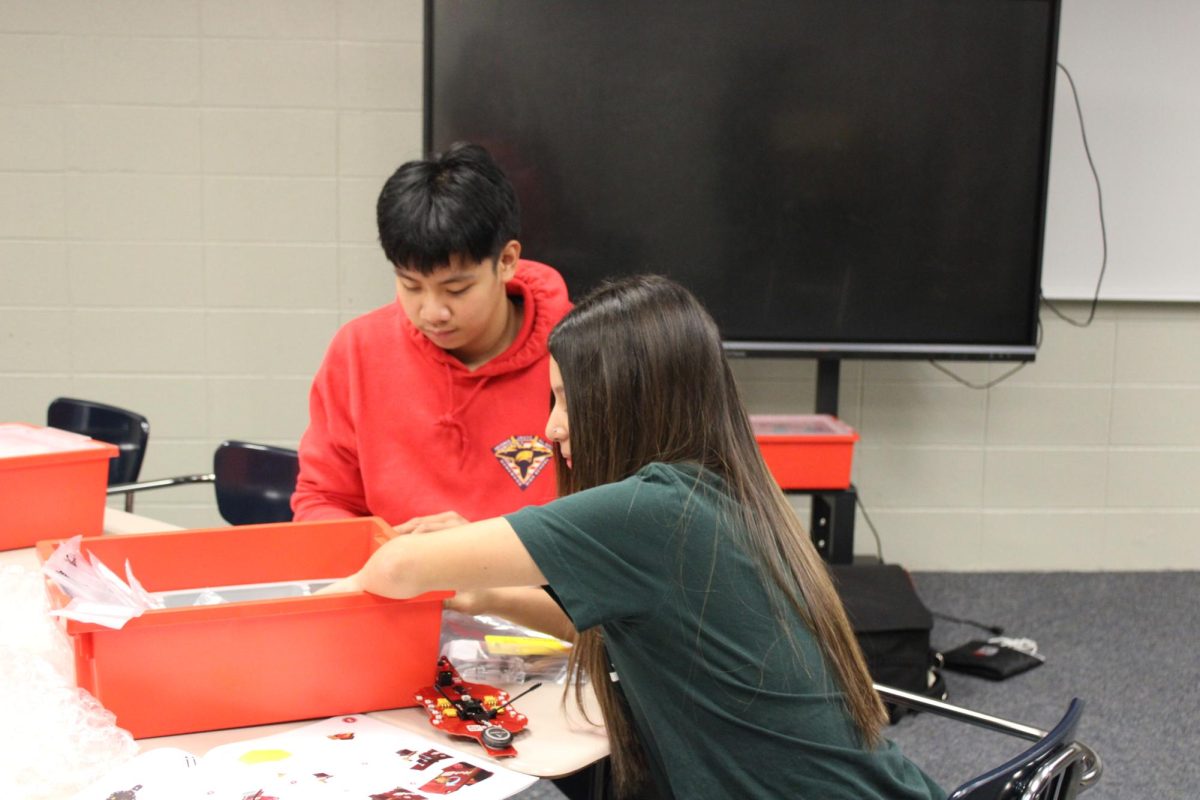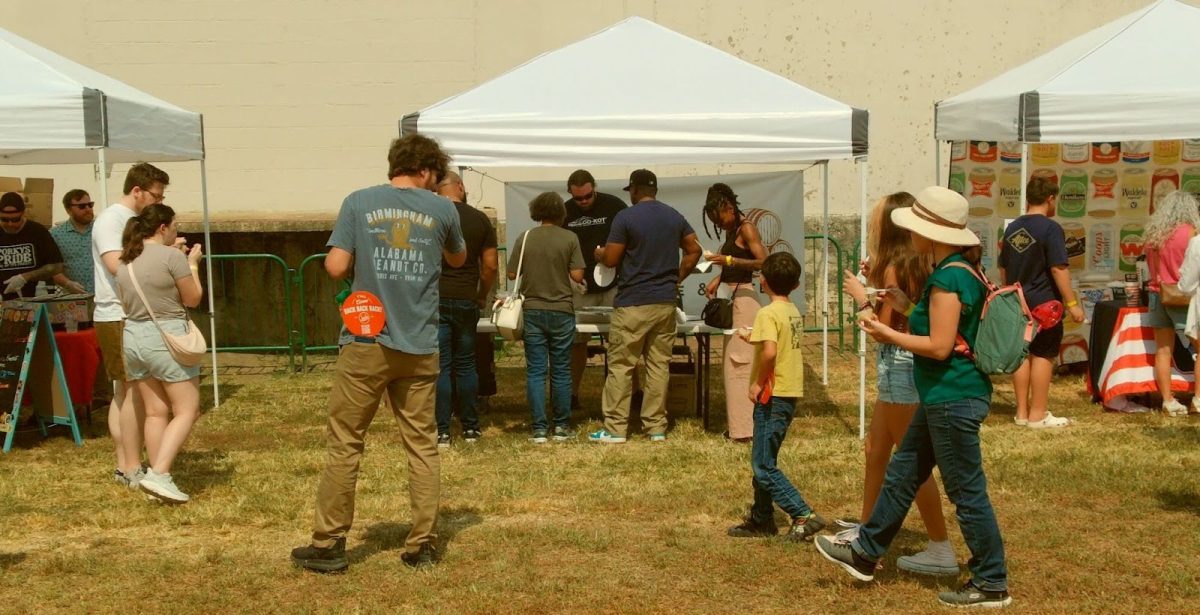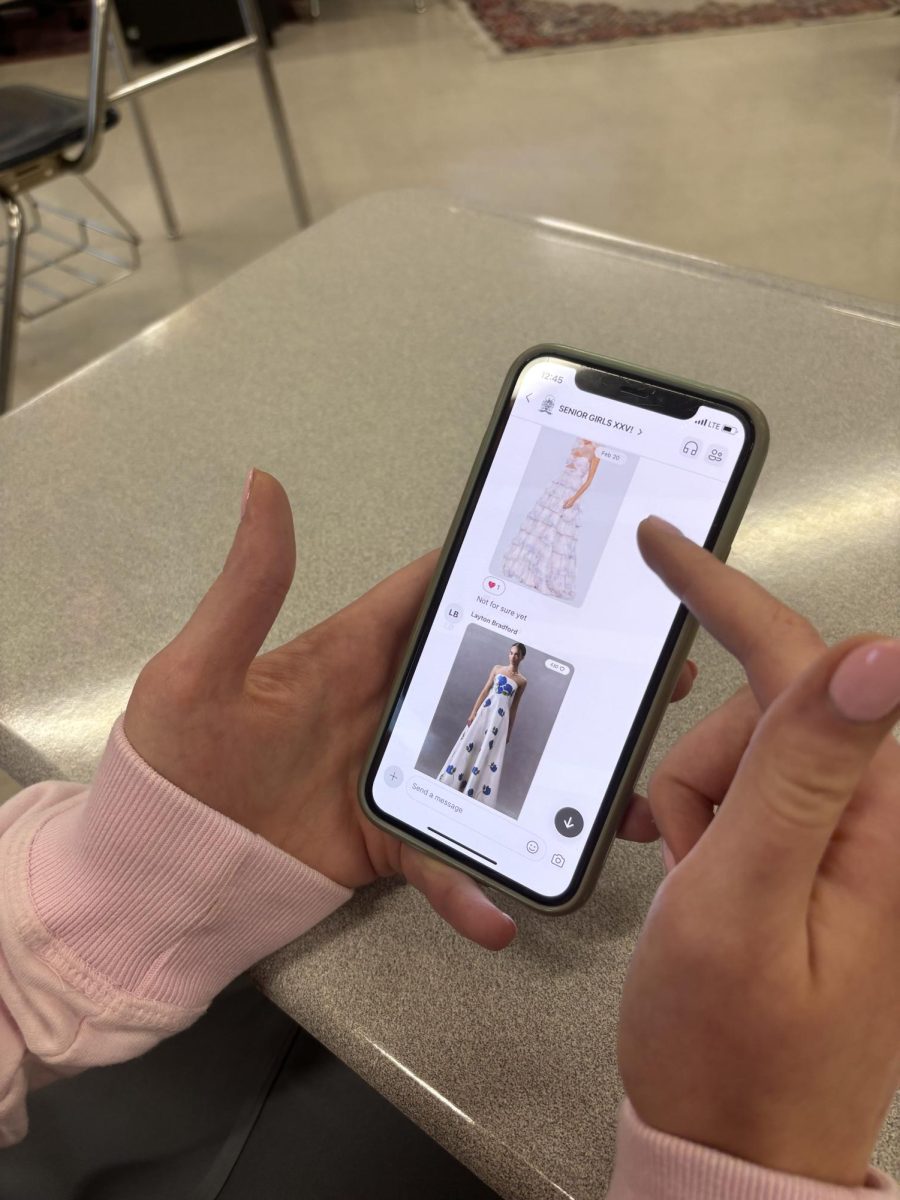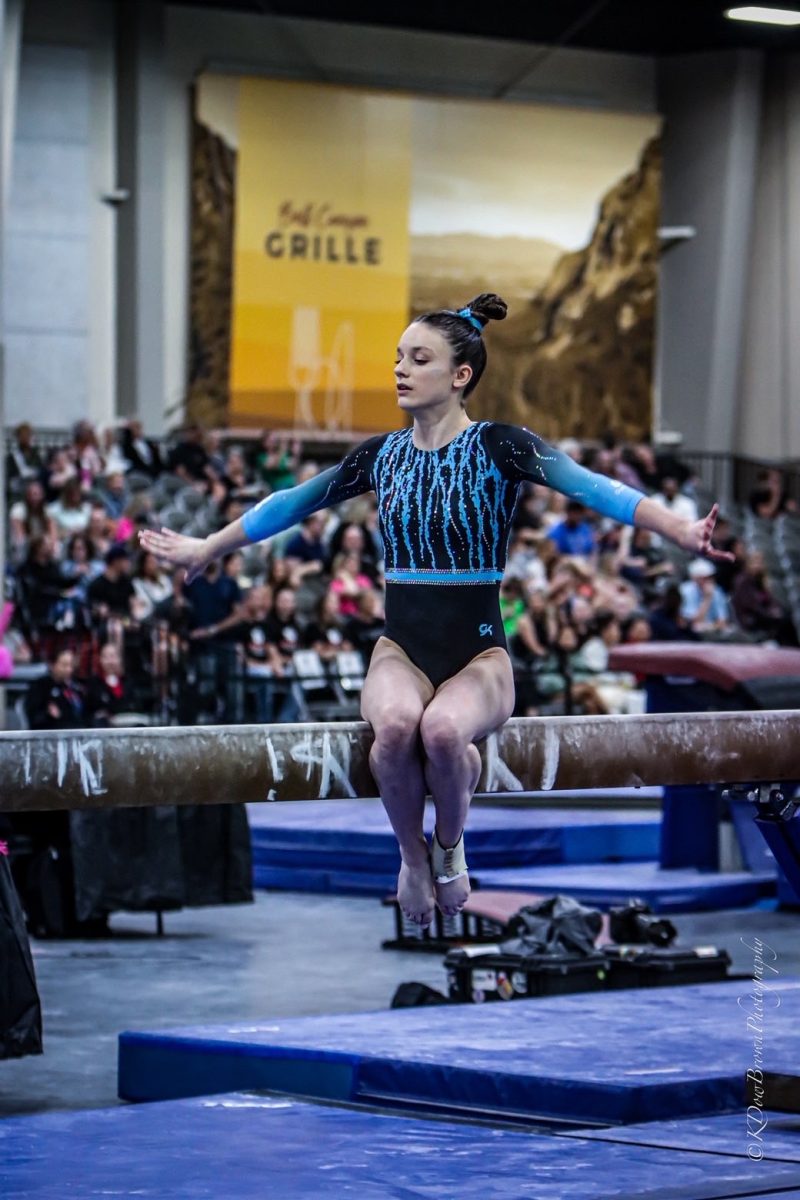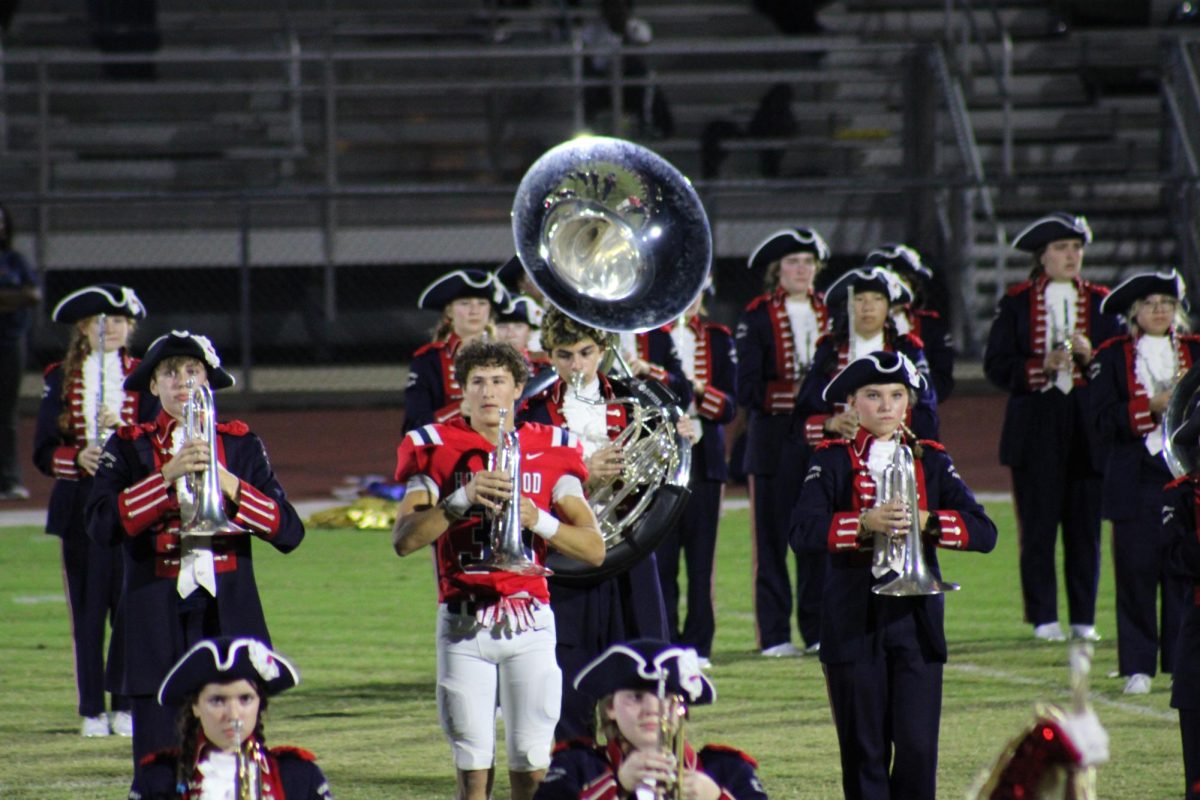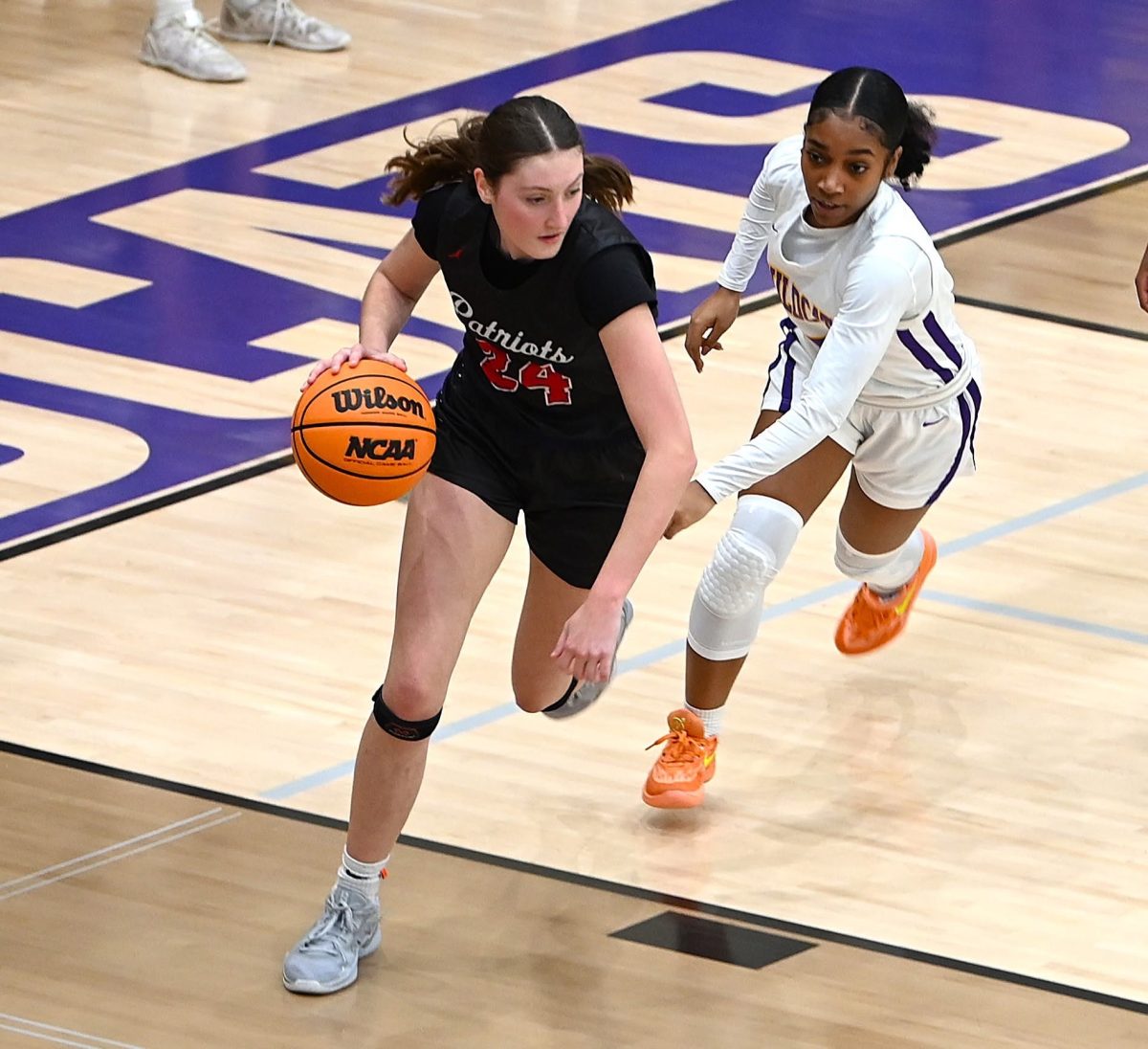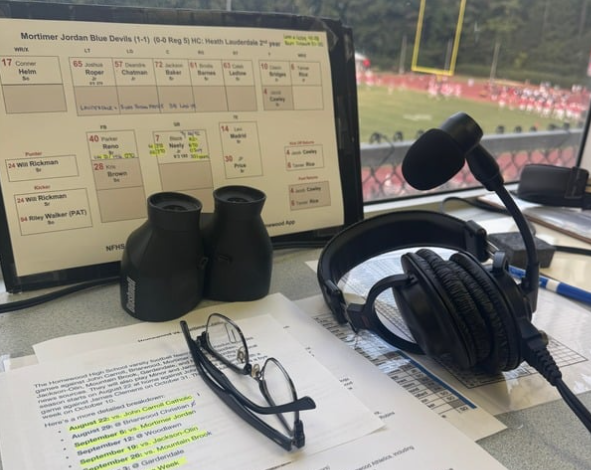Laufey released her latest album, “A Matter of Time” that serves as her most bold and lyrically vulnerable work to date.
“ ‘A Matter of Time’, my third album, and most honest project yet, is yours,” Laufey said on her Instagram. “With this album I wanted to show the world the multiple layers that can lie within a person”.
Laufey is an Icelandic-Chinese singer-songwriter, and multi-instrumentalist who incorporates guitar, cello and piano. She is a Grammy-winning artist for Best Traditional Pop Vocal who proves herself, once again, as one of the few who give life to fading genres, such as jazz, for new generations.
“My ultimate goal is to introduce young audiences to jazz music, to classical music, to encourage them to learn instruments and explore their own sound,” Laufey said on NPR.
In addition, musicians that blend classical genres with pop together smoothly are difficult to discover, due to its rarity. Pop and jazz, or bossa nova are polar opposites, making it hard to fuse.
Her influences are apparent—Chet Baker’s melancholy, Norah Jones’s warmth, Astrud Gilberto’s airy bossa nova and Taylor Swift’s boldness weave themselves together to create “A Matter of Time”.
“Clockwork”, the first track of Laufey’s album, embodies strong elements of jazz and improvisational piano parts, with swinging of drums immediately setting the mood. The lyrics suggest longing, and how anxiety can become desire. The deep, alto tone of her voice creates an alluring sound, her technique evident in her singing.
“Lover Girl”, the first pre-released single, displays the feelings of embarrassment and excitement an independent woman feels as she falls in love. Laufey writes an ode on how affection can be a curse, as she misses her boyfriend Charlie while in Tokyo. Its irony is shown through the actual melody, taking two chords from the song “Falling Behind”, about falling behind on love, despite having completely contrasting lyrics. However, the clapping incorporated into the song is more of a disturbance than a subtle part of the melody, making it sound annoying.
With “Snow White” Laufey takes a darker turn, writing about the insecurities a woman can experience by looking at her body. These lyrics are brutal but relatable, as it resonates with many people who feel like they need to catch up to new standards in beauty.
“Silver Lining” comes from her diary, where she chronicles the feeling of sickness on the corruption of fame, and how difficult it makes keeping friendships alive. She experiences the bittersweetness of finding her dream job and losing connections. Taylor Swift’s influence on her songs are noticeable, especially in “Tough Luck” and “Hollywood”.
Laufey expresses something that she often doesn’t—anger. She writes “Tough Luck” based on negative experiences and emotions felt through toxic breakups. It’s an outlier compared to her other albums, though the lyrics seem choppy and forced, especially when she sings, “Oops, she doesn’t even know”. Her strengths lie in jazz, classical and bossa nova, rather than vintage pop rock.
“Forget-Me-Not” is the heart, and best song of the album. She makes the song sound angelic and authentic by speaking Icelandic during the chorus. The tune is dedicated towards her homeland and uses the Iceland Symphony Orchestra’s countless musicians to create a breathtaking, melancholy sound. Experiencing disconnection between two cultural identities is real, and she seems to be apologizing to her hometown when she incorporates homesickness, something most people and I can relate to. Laufey’s raw emotion on this masterpiece elicits a similar response for listeners who empathize with her pain.
Laufey criticizes modern dating through “Mr. Eclectic”, illustrating that men sometimes seem all knowing or arrogant, but in reality are shallow, or eclectic. The mellow, flowy rhythm of bossa nova radiates a lightened jolly mood, created mainly by the guitar. After listening to her past albums on repeat, “Mr. Eclectic” is refreshing and provides something new to enjoy.
Laufey’s ends her album with one of the strangest songs she’s ever written, “Sabotage”, co-written with Spencer Stewart. The spontaneous disturbance from her cello sounds horrific, displaying self sabotage. The chaotic collection of instruments at the end represents the abrupt ending, but constant loop. It’s definitely creative, but provides an unpleasant listening experience, scaring fans (mainly me), with unexpected twists. The album ending with such a song tells listeners about Laufey’s new creativity, and possible plans for genre experimentation in the future.

